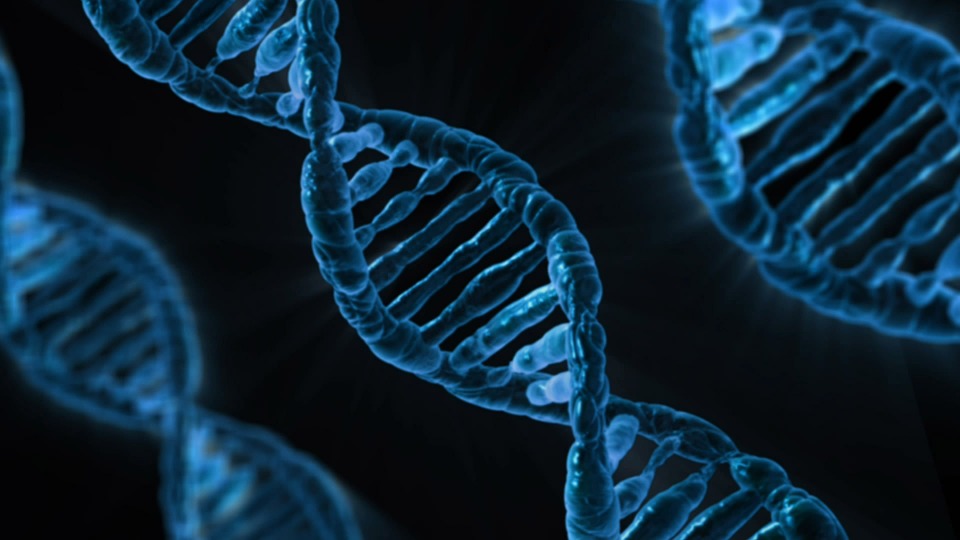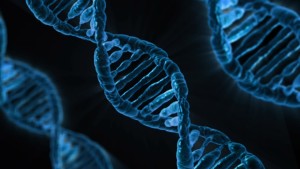- Calls to this hotline are currently being directed to Within Health, Fay or Eating Disorder Solutions
- Representatives are standing by 24/7 to help answer your questions
- All calls are confidential and HIPAA compliant
- There is no obligation or cost to call
- Eating Disorder Hope does not receive any commissions or fees dependent upon which provider you select
- Additional treatment providers are located on our directory or samhsa.gov
Anorexia and Genetics

An EDH TweetChat with Cynthia M. Bulik, Ph.D.
EDH discusses links between Anorexia and Genetics with Cynthia M. Bulik, Ph.D. of UNC Center of Excellence for EDs

EDH: Please tell us a little bit about yourself and your background. What is your role at the UNC Center of Excellence for EDs?
Dr. Bulik: I am a clinical psychologist by training and the founding director of the UNC CEED. I was an undergraduate at @Notre Dame and got my Ph.D. in clinical psychology at @UCBerkeley. My dissertation was on the family history of psychiatric disorders in women w/ bulimia. So my interest in genetics goes way back! You can find out much more about my life on cynthiabulik.com.
EDH: What role does biology play in the development of anorexia?
Dr. Bulik: We have done a disservice to people with Anorexia Nervosa by ignoring how important biology is in its cause and maintenance. My theory is that the bodies of people predisposed to AN respond paradoxically to negative energy balance.
Negative energy balance means taking in less energy (calories) than you expend.
Most people’s bodies feel WORSE when they are starving, but the bodies of people with AN feel worse when they are not. That’s why most people can’t stick to diets but for people with AN reduces their anxiety & calms their biology. Our job is to figure out which biological pathways are working in backwards & develop healthier approaches to achieve that calm.
EDH: What is the connection between Anorexia and genetics?
Dr. Bulik: From many studies, we know that AN runs in families, but those studies can’t say why. Genes or environment? Twin studies tell us that the reason is mostly genetic. AN is between 50-60% heritable. Heritability means that 50-60% of the liability to develop AN is due to genetic factors.
But, twin studies can’t isolate the genes that are responsible. That’s why we’re doing a genome-wide association study (GWAS). GWAS scans the entire genome comparing large samples of people w/ a disease to large samples of people without the disease.
Using GWAS, the schizophrenia group has identified 108 genes that contribute to that condition! It works! Now they can prioritize genes to work up, figure out pathways & mechanisms, & develop a new understanding & treatment.
Globally, we are aiming for 25K participants with AN at any point in life in the 1st round, but we’ll need 100K ultimately!
EDH: Please tell us about your Anorexia and genetics study, the Anorexia Nervosa Genetics Initiative (ANGI)?
Dr. Bulik: ANGI is the largest #genetic study of #anorexia ever to be done. It is in the US, Sweden, Denmark, and Australia/New Zealand. We’re seeking 13,000 volunteers with AN at any time in life (men, women, boys, girls) as well as controls with no ED.
It is simple to participate. Just fill out an online questionnaire & submit a small blood sample, from wherever you are. ANGI is a team effort among researchers, clinicians, families, & patients. It takes all of us to make this effort a success. The response has been heartwarming! In 1 week in Australia/NZ, we recruited >1000 ppl!! We can do the same in the US I am sure!
EDH: How can this research help the future of treatment for anorexia?
Dr. Bulik: Part of the reason we have no medications that work in AN is that we don’t understand the biology. Genetics will help us decode the biology so that we can develop interventions that accurately target the pathology. Genetics can identify biological subgroups.
We know that “one size doesn’t fit all” & this could uncover a biological reason why genetics can help in risk prediction. Who is at greatest risk & most genetically vulnerable to environmental pressures. Don’t forget, genes don’t act alone. Genes load the gun, but environment pulls the trigger.
EDH: How can someone learn more about your study?
Dr. Bulik: For #anorexia research in the US, you can visit unceatingdisorders.org/angi. For #anorexia research in Australia, you can visit angi.qimr.edu.au and follow @ANGInitiative.
For #anorexia research in #NewZealand, you have it easy, just visit angi.nz. For #anorexia research in the UK, there is parallel study called @HelixAN25K and visit http://www.charlotteshelix.net/
EDH: What piece of encouragement would you offer to the person suffering with anorexia?
Dr. Bulik: If you are concerned that you might have AN, get an assessment. It can be scary, but having a professional opinion is reassuring. If you in recovery, stay in contact with a provider you trust.
Slips & relapses can sneak up on you & distort perceptions. Reach out if you (or someone else) think you are slipping. AN flourishes in isolation. Let us help you find healthier ways to calm your biology than starvation. It’s scary but lifesaving.
Please stay tuned for future Twitter Chats from EDH!
If you are in need of resources for an eating disorder, visit our website at Eating Disorder Hope.

The EatingDisorderHope.com editorial team comprises experienced writers, editors, and medical reviewers specializing in eating disorders, treatment, and mental and behavioral health.

